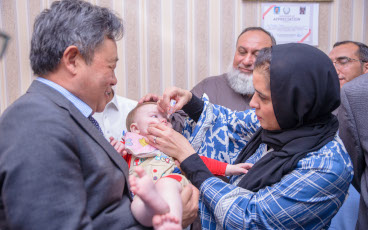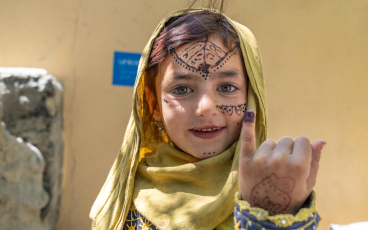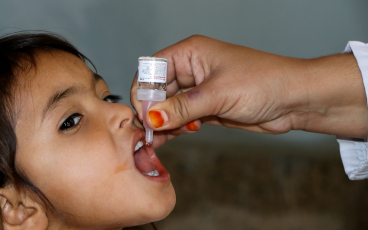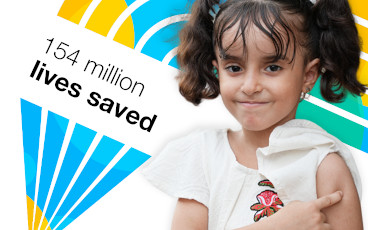Life in the driver’s seat:
On the road to polio eradication in Pakistan.
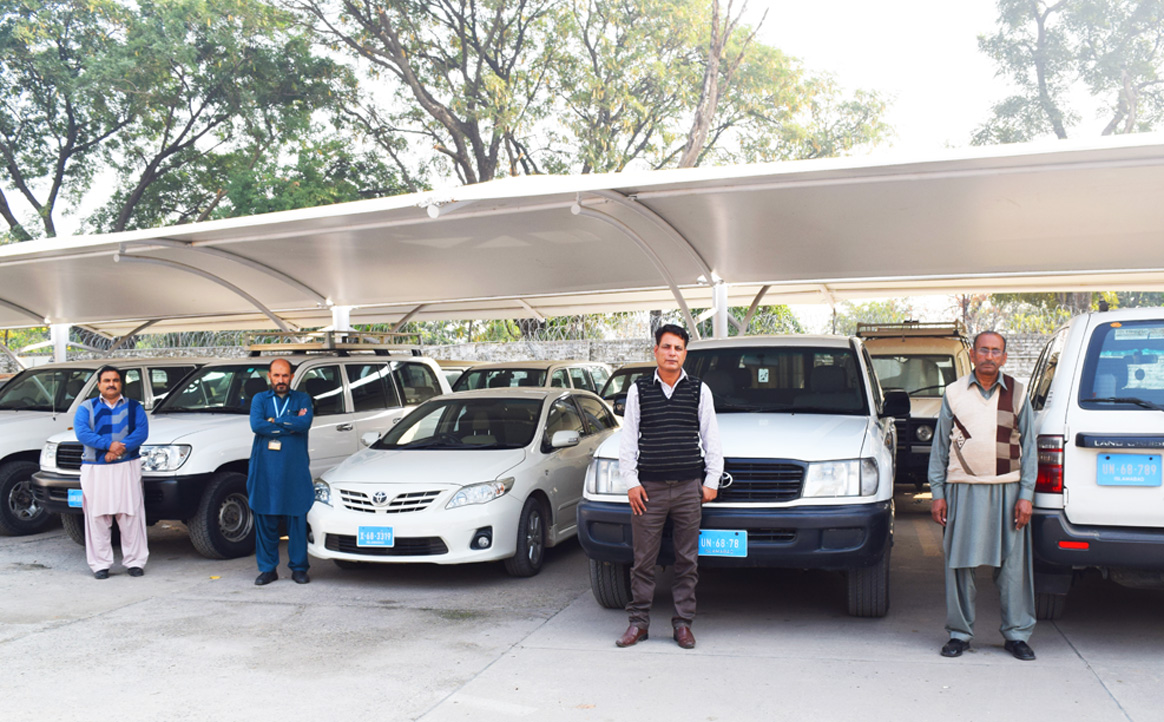
Pakistan’s polio programme relies on the efforts of thousands of specialized workers, but there is one group almost everyone relies on: the drivers.
In the endgame of eradication, reaching zero transmission requires a vast network of expertise— from epidemiologists to community advocates to data managers and health workers. But without drivers, many of these people would not be able to do their work.
Polio eradication entails wide-ranging nationwide vaccination campaigns. In Pakistan, this means targeting more than 38 million children under the age of five. Reaching every single child without an organized fleet of vehicles is almost impossible. Polio programme drivers do not plan activities in operations centres, but they have a real on-ground impact in the fight against polio.
“ I think whether you are a polio eradication officer, data personnel, technical staff, a consultant, a member of the communication team or a driver, every single employee is playing a very significant role in polio eradication efforts.”
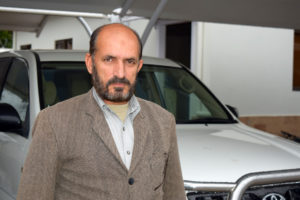
Bahudar Shah (53), Islamabad, Pakistan
“It doesn’t matter whether you’re in the driver’s seat or the passenger seat, driving is an unavoidable and essential part of the polio programme, especially here in Pakistan, where the push for eradication is at such a sensitive and critical point. I have spent the last 20 years as a driver with WHO’s polio programme, always with the same focus: saving Pakistani children from this disease and securing a better future for them.”
“For polio field officers, duty starts around 8 am, but the driver’s duty starts early in the morning whether they are traveling directly to field or to the office. I personally feel that when I am in the field, I am responsible for the safety of my assigned vehicle as well as that of the officer.”
Alam Sher Khan (52), Islamabad, Pakistan
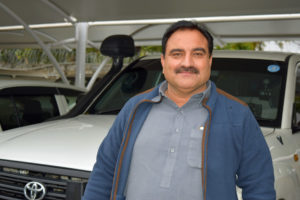
“I joined in 2002 and since then I have learned, I am working for the welfare of future generations. At work, I apply the “safety first” approach to every part of my job. I think, I am not only driving but I also act as a guide and security guard for my field officer. Because I drive with different field officers at different places, before the commencement of field work I orient my officer about the social norms, customs and security situation of the area. I also advise them to remain close to the vehicle. It is very essential to remain close to the vehicle for a possible quick escape in case of some emergency situation.
“The thing I enjoy as a driver with the polio programme is the satisfaction of my passenger: the field officer. When my field officer is satisfied, I am satisfied, and for this I have worked to enhance my skills.”
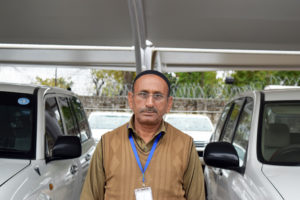
Ghulam Asghar (59), Islamabad, Pakistan
“For the last 16 years, I have played a significant role in polio eradication in Pakistan. My level of responsibility as a driver is very high. Polio eradication is a programme that requires strong teamwork. While performing my duty with different field officers, I assist them in finding local vaccination teams and convincing the community of the importance of vaccination, and I clear any hurdles so they can do their jobs during case investigation, campaign monitoring and LQAS.
“When my officer covers refusals during campaign monitoring, it gives me the most satisfaction as I feel that we have saved a child from permanent disability. When there is some refusal I actively assist my officer to counter that refusal. I also advocate within my local community and try to satisfy them about the efficacy of the vaccine.”
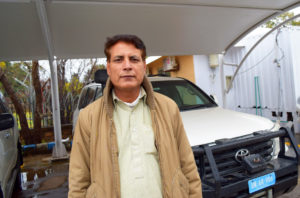
Jamil Abbasi (46), Islamabad, Pakistan
“I have been a driver for the polio programme for the last 14 years. I think whether you are a polio eradication officer, data personnel, technical staff, a consultant, a member of the communication team or a driver, every single employee is playing a very significant role in polio eradication efforts.
“I have a strong wish to see Pakistan polio free. Although I am not directly involved in eradication activities, indirectly I am contributing to better implementation and success of routine immunization efforts by safely transporting field officers to their assigned duty areas. I am proud that I am a part of hardworking team who are trying to defeat the polio virus.”



